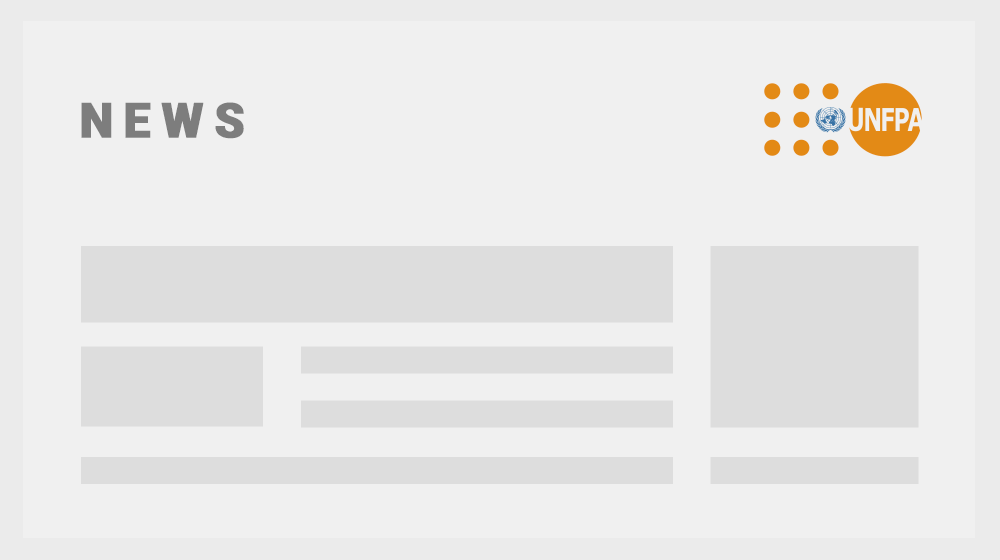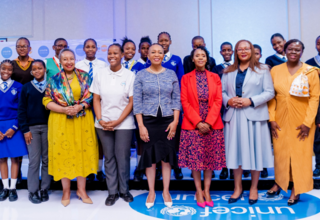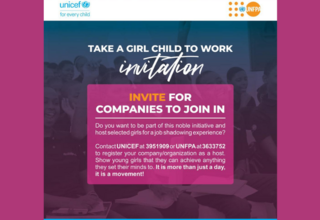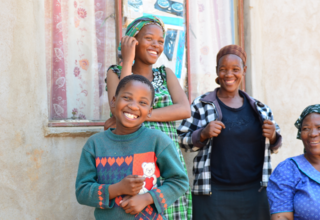In a milestone for the United Nations in Botswana, nine UN agencies under the leadership of UNFPA have launched the country’s first joint programmes to promote gender equality and end gender based violence.
The programme is a response to the Government of Botswana’s clarion call for support in the fight against gender based violence and the empowerment of women, followingthe Minister of Labour and Home Affairs’ attendance of the 2013 Commission on the Status of Women (CSW) in New York.
Officially launching the Joint Programme, Honourable Edwin Batshu, Minister of Labour and Home Affairs explained that the programme is very significant as it brings together UN agencies, development partners and different gender equality advocates to support the Government of Botswana in attaining its gender development goals. “This programme provides the United Nations in Botswana with an opportunity to harmonize and coordinate its support to the Government of Botswana. This is a clear reflection of continued commitment and recognition of gender as a development agenda.”
The two year Joint Gender Programme Support on Gender Mainstreaming and Gender Based Violence aims to improve integration and harmonization of gender programming to increase impact and sustainability. The programme will fill the gaps on country level activities for responding to gender issues. It will also support efforts towards provision of equal opportunities for men and women in all aspects of society.
Speaking at the launch, the UN Botswana Resident Coordinator, Anders Pedersen said promoting gender equality and empowering women is critically important for a variety of reasons but most important, it is to engage women in their own right as development agents, as a key contributor to any development efforts. “There is a very interesting relationship between poverty eradication, fighting HIV/Aids and empowering women. The reality is that there will be no poverty eradication without fighting HIV, no empowerment of women without fighting poverty and HIV, and neither poverty eradication nor zero new infections without empowering women. This is a key message that we have to keep in mind.”
While the Government of Botswana has made substantive advances in women’s empowerment and gender equality, there are still some challenges to be addressed. Despite the Government’s effort to scale up social services, the steady growth has been accompanied by unemployment and persistent poverty in the rural areas. Furthermore, gender inequality is among the key challenges. There still remains a great divide between legislation and reality on the ground, men still dominate the political landscape, and violence against women and girls is rampant in Botswana, and incest, sexual harassment and femicide remain common in many communities. The socially and culturally constructed norms and roles have shaped the gender relations leading to unequal power relationships and ultimately gender inequality in access to and control over resources and other socio economic and political opportunities.
According to the UNFPA Botswana Representative, Aisha Camara-Drammeh, these programmes will contribute to strengthen joint efforts in gender equality, “and by working together we will continue to support Government of Botswana in its efforts to achieve its gender agenda.”




